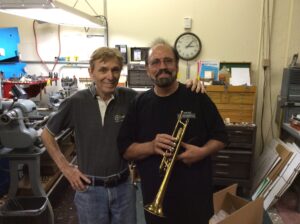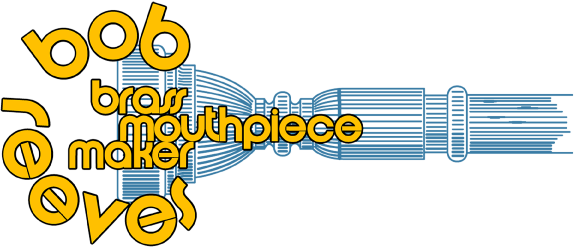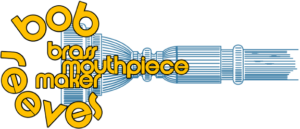 This list was cultivated by studio legend Gary Grant and posted on our original website in 1996! We thought it was lost in cyberspace but thankfully found it on a backup.
This list was cultivated by studio legend Gary Grant and posted on our original website in 1996! We thought it was lost in cyberspace but thankfully found it on a backup.
About Gary Grant
Gary Grant attended North Texas State University before embarking on a two-year tour with the Woody Herman band. He then spent three years in Hawaii, leading his own big band and a 7-piece ensemble. During his time in Hawaii, he performed in the iconic Elvis Presley “Aloha from Hawaii” concert, which was viewed by 1.5 billion people in 36 countries.
In 1975, Grant moved to Los Angeles, where he quickly became one of the city’s most sought-after studio musicians. He frequently collaborated with fellow trumpeter Jerry Hey in the Jerry Hey Horns. Over the years, Grant’s trumpet can be heard on recordings by a wide array of legendary artists, including Quincy Jones, Barbra Streisand, Michael Jackson, Whitney Houston, Celine Dion, Toto, Toni Braxton, Brian McKnight, Frank Sinatra, Natalie Cole, Earth, Wind & Fire, Rod Stewart, Air Supply, Elton John, Al Jarreau, Gladys Knight, Bill Champlin, Michael Bublé, and Herb Alpert.
In addition to his work with artists, Grant has also contributed to numerous film soundtracks. His trumpet can be heard in movies such as “The Bodyguard” (including the main title solo), “Forrest Gump,” “Sing 2,” “Lethal Weapon 4,” “The Horse Whisperer,” and many others.
Gary Grant’s Studio Musician’s Manual For a Long And Productive Career
- Be early.
- Show-up at proper studio.
- Be on time.
- Keep a good attitude.
- Keep mouth shut!
- Keep feet still.
- Don’t talk!
- Smile!
- Mind your own business.
- Don’t complain about parking.
- Sharpen pencil.
- Fill out forms immediately.
- Set up instruments 10 minutes before downbeat.
- Pay Attention!
- Keep earphones on.
- Don’t leave earphones uncovered.
- Listen!
- Be Ready to play at all times.
- Keep hands down.
- Stay awake.
- Don’t make any noise!
- Be polite.
- Say hello to leader.
- Charisma at all times.
- Don’t leave the stand.
- Warm-up very softly.
- Actually tune to the given “A”.
- Mark your parts so anyone can read.
- Don’t ask questions.
- Watch leader.
- Stay mellow.
- Don’t forget mutes.
- Keep instrument in working condition.
- Always seem interested in the music.
- Don’t look ahead.
- Stop playing when leader stops.
- Never talk immediately after a “Take”!
- Never hang over at end.
- Don’t play melodies that may have been “ripped-off”.
- Try to only have enough chops for that particular job.
- Don’t correct wrong notes after the final take.
- Be congenial.
- Don’t over compliment “great performances”.
- Never point at other musicians.
- Use the “chain of command”.
- Laugh at every joke.
- Say “yes” to everything.
- Blend and balance.
- Concentrate.
- Be quiet!
- Stay in chair.
- Be budget-conscious.
- Say thanks to everyone.
- Don’t be critical of fellow musicians.
- Don’t drink booze on the job!
- No drugs!
- Talk only on 10′s!
- Do not bother contractor!
- Focus!
- SILENCE!
- Concentrate.
- Stay out of the booth.
- Compliment engineers.
- Stay away from producers.
- Don’t eat booth food.
- Don’t complain about air conditioner.
- Don’t complain about mix.
- Don’t expect booth improvements, decade to decade.
- Don’t “produce” from the orchestra.
- Don’t pack-up early.
- Don’t leave until you’re excused.
- Pick-up all reminders.
- Clean up area when finished.
- Don’t make an ass out of yourself!
- Never ever say, Who wrote this $%&^%$^!?!


